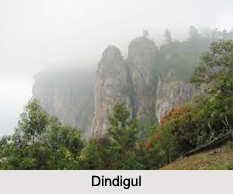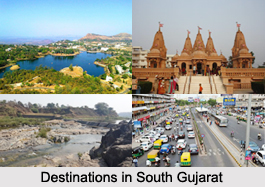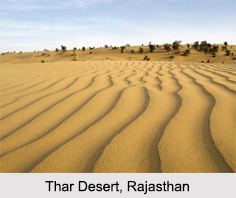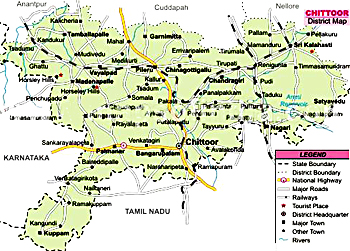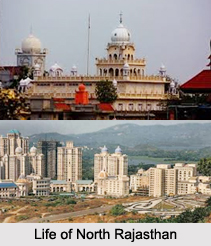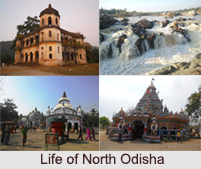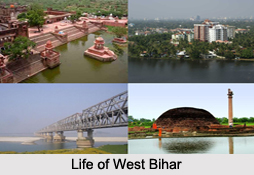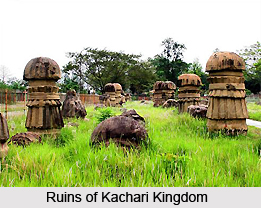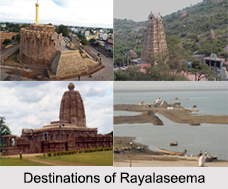The Sena kings were the pioneers under whom the extensive territory of Bengal enjoyed unified status and reached zenith in the administrative, military and cultural fields. It is however presumed by historians that the Sena kings had arrived in Bengal in the wake of the Chalukya invasion, during the reign of the fragile Pala rulers. However, the foundation of such a powerful dynasty was laid by Samantasena and the legacy was carried out by his son Hemantasena. But the Senas had the ascendancy under Vijayasena, the son of Hemantasena, who ascended the throne in 1095 A.D. The Senas under him rose as one of the dominant power in ancient India, which ultimately led them to be the absolute sovereign of the whole of Bengal and the adjoining provinces. Vijayasena ruled for an unusually long period of 60 years from 1095 to 1158 A.D. and in actuality Vijayasena deserved to be the founder of the stronghold of the Sena dynasty in Bengal. It appeared from his records that he inherited the position of a subordinate ruler in Radha, which was bequeathed to him by his father. Strengthening his base in Radha, he initiated the policy of expanding his authority.
Vijayasena by his prowess and shrewd opportunism and diplomatic policy became the master of the entire Radha Desa. His calculated meddling in the contemporary politics entitled him a quick success in his aim to establish his own sovereignty by overthrowing the weak Pala king from the heart of Bengal. Vijayasena rendered help to the Pala king Ramapala against the Kaivarta king Bhima. After the allied success against the Kaivarta king, Vijayasena received lavish gift of territory and money from Ramapala. Vijayasena also increased his power by his matrimonial alliance with the princess of the Sura family. Taking advantage of the disintegration of the Pala kingdom after the death of Ramapala, Vijayasena made a bid for the conquest of the whole of Bengal. Moreover he made a timely alliance with king Ananta Varmana Chodaganga of Kalinga. By this policy he became the master of the Radha Desa, which was the first successful step to his subsequent victorious career.
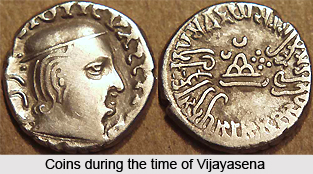 From his base in Radha, Vijayasena advanced forward to conquer the territory of Gauda, which at that very time became the key political center in Bengal. In course of adventure, Vijayasena had to confront the hostility of not only the Palas but also of the Mithila king Nanyadeva, who had a competing ambition of Gauda. It appeared from the contemporary historical records that Vijayasena inflicted many defeats upon the Mithila king Nanyadeva and later compelled him back to Mithila. Vijayasena, in the absence of his competing adversary became free to direct his operations against Madanapala, the Pala king of Gauda. Madanapala was then hassled to leave Gauda and retire to Magadha. As a result of his victory against the Pala king Madanapala, the greater part of Gauda or northern Bengal came under the sway of the Sena king Vijayasena. The huge success of Vijayasena in his campaign against northern Bengal or Gauda was eulogized in the "Deopara inscription". The conquest of Gauda made it easy for Vijayasena to extend his campaign in eastern Bengal or Vanga. He extended his authority over Vanga by overthrowing the king Bhojavarmana of the Varmana Dynasty. Thus Vijayasena virtually became the master of the whole of the province of Bengal.
From his base in Radha, Vijayasena advanced forward to conquer the territory of Gauda, which at that very time became the key political center in Bengal. In course of adventure, Vijayasena had to confront the hostility of not only the Palas but also of the Mithila king Nanyadeva, who had a competing ambition of Gauda. It appeared from the contemporary historical records that Vijayasena inflicted many defeats upon the Mithila king Nanyadeva and later compelled him back to Mithila. Vijayasena, in the absence of his competing adversary became free to direct his operations against Madanapala, the Pala king of Gauda. Madanapala was then hassled to leave Gauda and retire to Magadha. As a result of his victory against the Pala king Madanapala, the greater part of Gauda or northern Bengal came under the sway of the Sena king Vijayasena. The huge success of Vijayasena in his campaign against northern Bengal or Gauda was eulogized in the "Deopara inscription". The conquest of Gauda made it easy for Vijayasena to extend his campaign in eastern Bengal or Vanga. He extended his authority over Vanga by overthrowing the king Bhojavarmana of the Varmana Dynasty. Thus Vijayasena virtually became the master of the whole of the province of Bengal.
However the conquering energy of Vijayasena was not confined merely within the limits of Bengal. He expanded his authority over the neighboring regions of Bengal. The Deopara inscription of Vijayasena mentioned that he defeated the kings of Kamrupa and Kalinga. Probably his grandson Lakshman Sena assisted him in these campaigns. It is also presumed by the historians that Vijayasena conquered the portion of North Bihar from his Pala rival by sending a naval expedition to the west. According to R.C. Majumdar, the long and prosperous reign of Vijayasena comprised one of the momentous episodes in the history of Bengal. The Senas filled up the vacuum created in the political life of Bengal by the decline of the Pala power. The establishment of a strong monarchy under Vijayasena put an end to the internal disruption and the foreign invasion that tormented the people of Bengal during the closing of the Pala period. A potential authority was needed to keep in check the independent chiefs of Bengal, under whom Bengal was disintegrated after the downfall of the Palas. Vijayasena however brought those small chiefs under his own authority and composed the integration of Bengal under his own supremacy.
Vijayasena consolidated his empire in Bengal by defeating other enemies and had a very long reign of about 60 years. He was a Saiva. He was liberal towards Brahmanas versed in the Vedas and the poor. He assumed the imperial titles of Paramamaheshvara Paramabhattaraka Maharajadhiraja. He also adopted the proud title of Ariraja-Vrsabha-Shankara. The literary documents like Gaudorvisakulaprashasti (eulogy of the royal family of Gauda) and the Vijayaprashasti (eulogy of Vijaya) testify the achievements and greatness of the Sena King Vijayasena.







